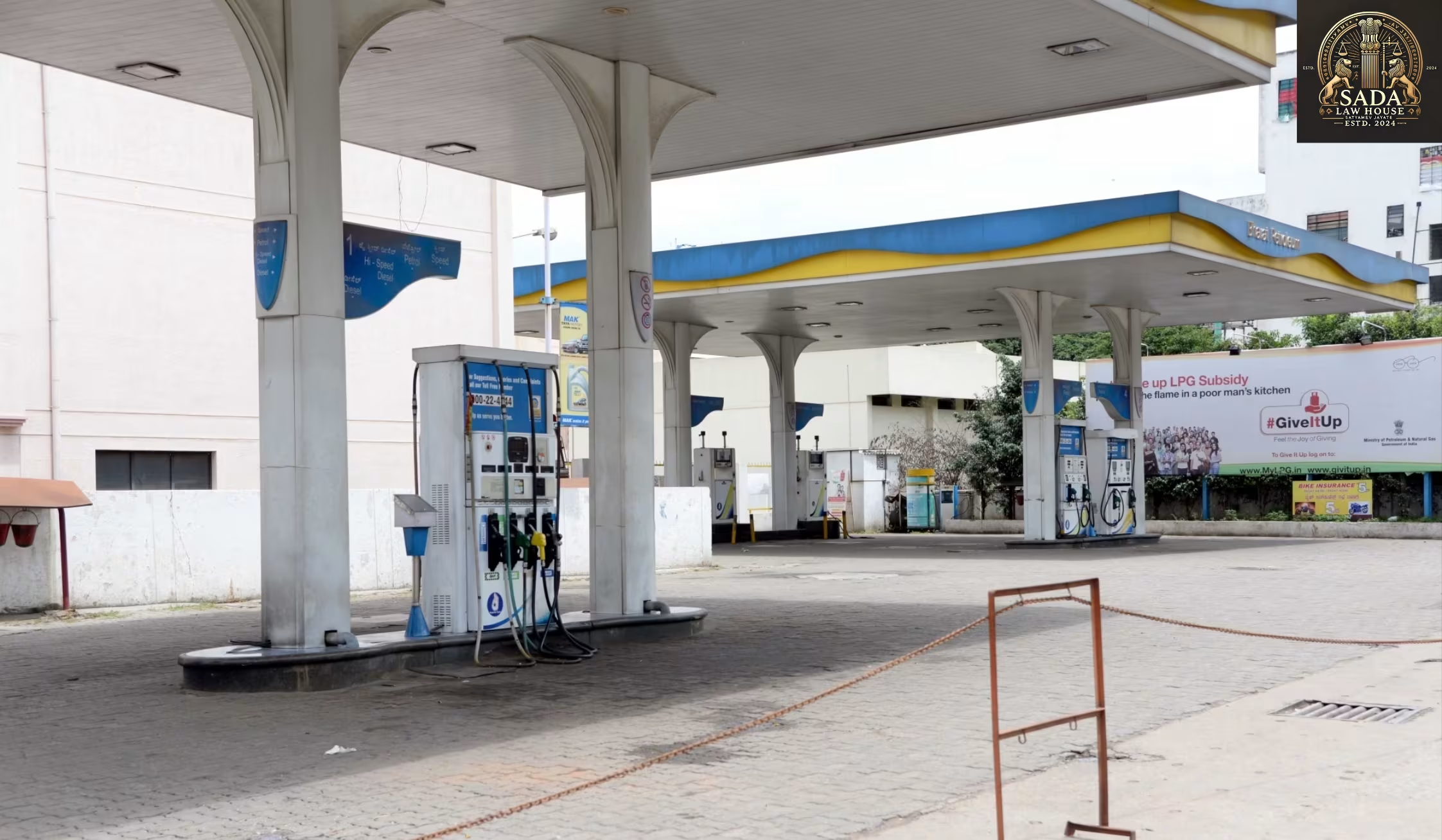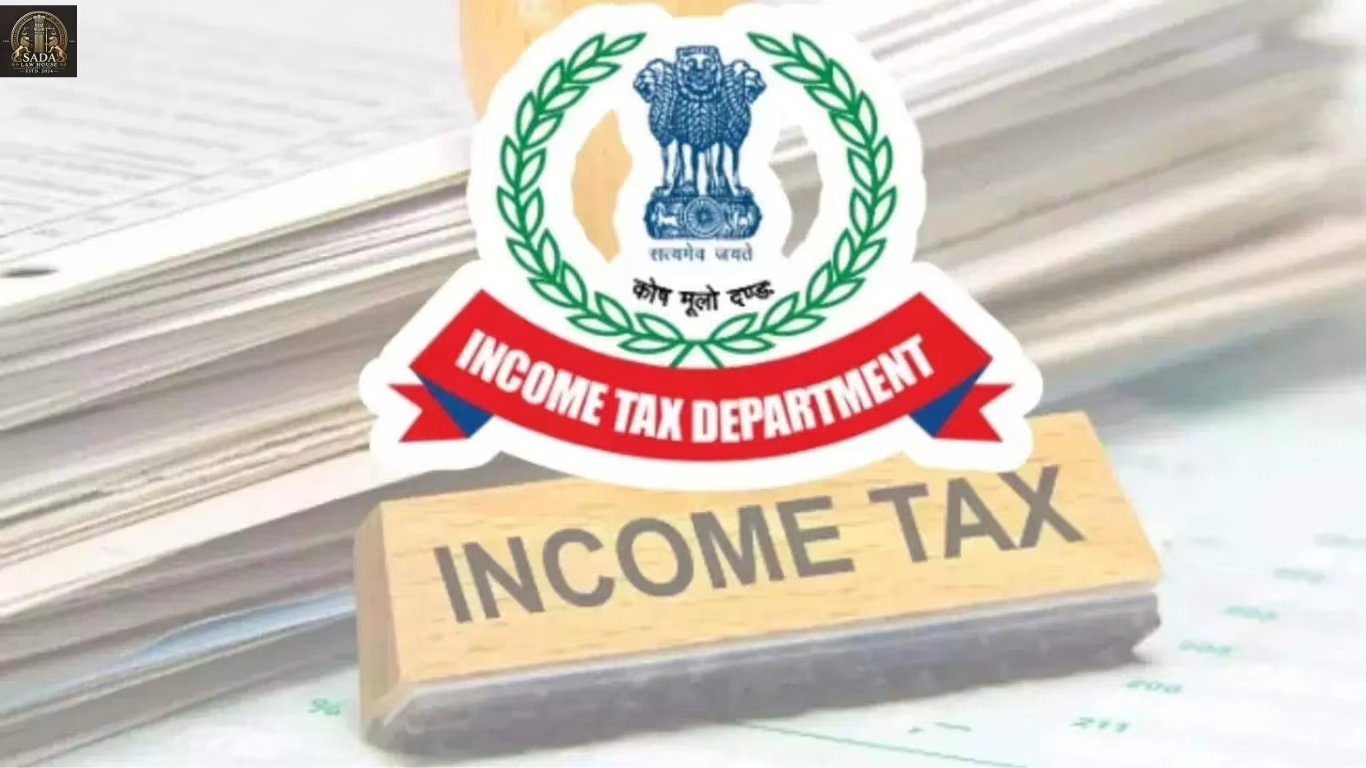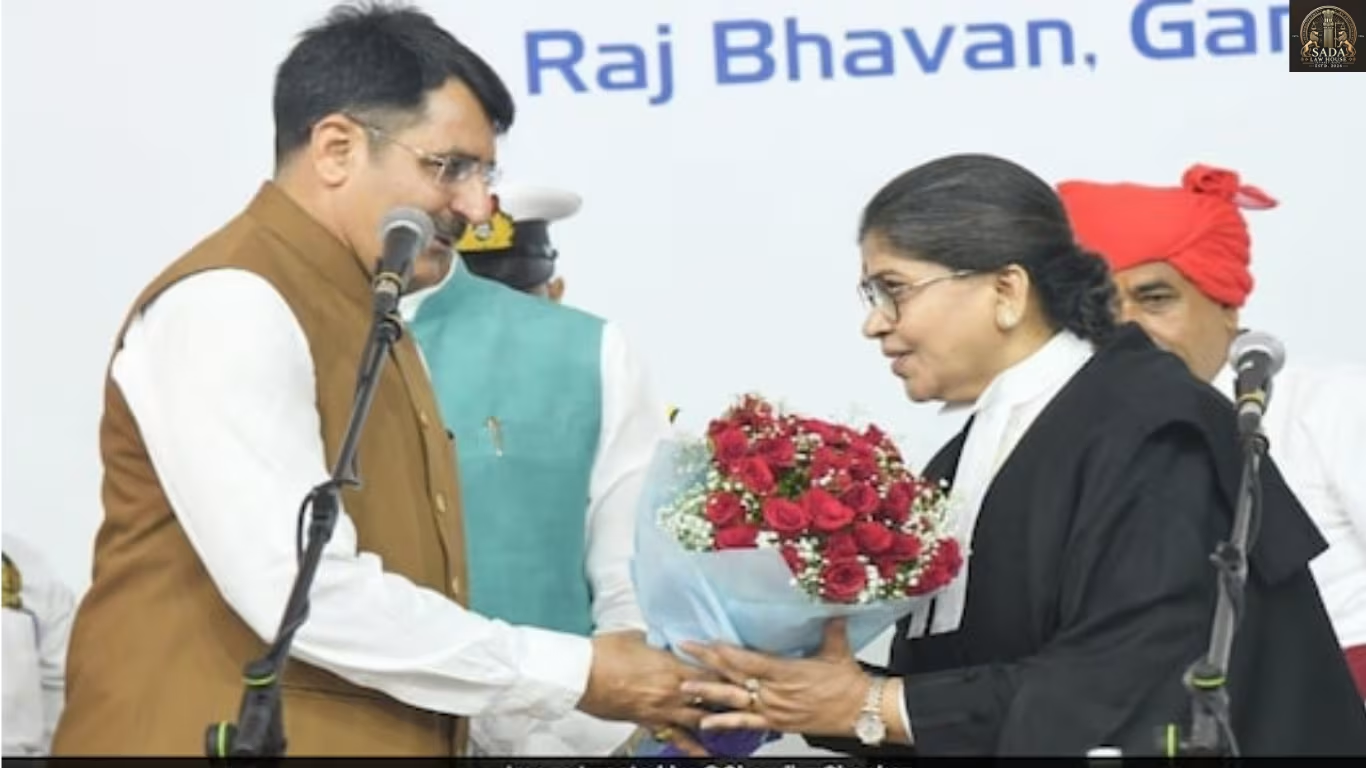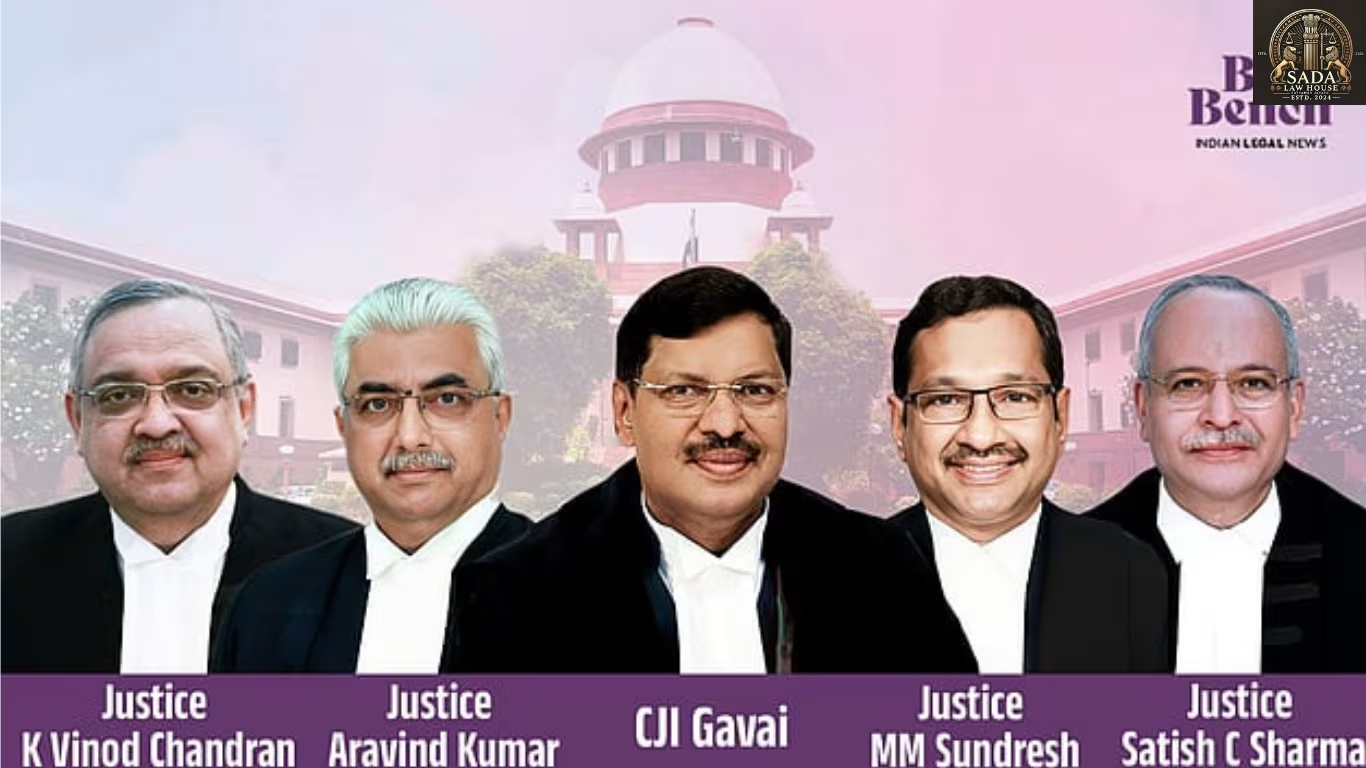Delhi Petrol Pumps Challenge Penalties on End-of-Life Vehicles in High Court
- Prabhat Kumar Biltoria
- 5 JULY 2025

The Delhi Petrol Dealers Association challenges penalties for refuelling End-of-Life Vehicles in the Delhi High Court, raising legal and environmental concerns. Learn about the case and its broader implications.
Delhi High Court Case: An Overview
The Delhi High Court is currently reviewing a petition filed by the Delhi Petrol Dealers Association (DPDA), challenging the recent penalties imposed on petrol pumps for refuelling End-of-Life Vehicles (ELVs).
The challenge stems from the Delhi Government‘s directive that prohibits:
Refuelling petrol vehicles older than 15 years
Refuelling diesel vehicles older than 10 years
This regulation came into effect on 1 July 2025.
What the Law Says: Penalties Under Motor Vehicles Act
Under the policy, petrol pump operators face action under Section 192 of the Motor Vehicles Act, 1988. Violators may receive:
A fine of up to ₹10,000
Or a jail term of up to one year
This move is in line with previous rulings by the Supreme Court of India and the National Green Tribunal (NGT), both advocating stricter control over vehicle pollution in Delhi.
Dealers Support Green Goals but Raise Practical Issues
While the DPDA supports the goal of reducing pollution, it argues that petrol pump operators are not adequately equipped to enforce these regulations. Their concerns include:
Lack of legal authority to verify vehicle age
Limited staff training on identifying ELVs
Traffic congestion making verification impractical
Inaccurate data from the VAHAN database
Technical issues with ANPR (Automatic Number Plate Recognition) cameras
The association believes enforcement responsibility should remain with government agencies, not private fuel dealers.
Delhi High Court Issues Notice
The Delhi High Court has issued notices to both the Delhi Government and the Commission for Air Quality Management (CAQM). A detailed hearing is scheduled for September 2025.
Broader Implications for Law and Environment
This case could set a precedent for how environmental regulations are implemented across India. The key legal questions include:
Is it lawful for the government to delegate environmental enforcement to private entities?
Are petrol pump operators being held responsible for actions beyond their control?
What role should private businesses play in public policy enforcement?
Conclusion: A Call for Balanced Enforcement
The DPDA’s petition underscores the need for a fair and collaborative enforcement framework that supports environmental goals without overburdening private stakeholders.
Live Cases






